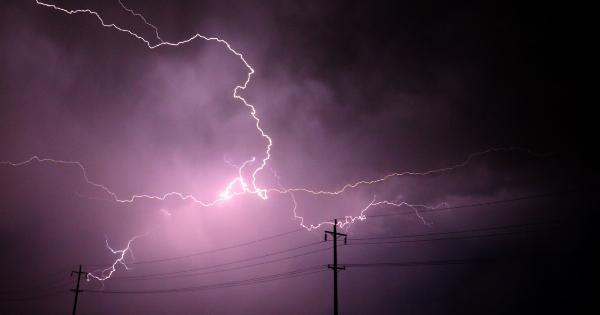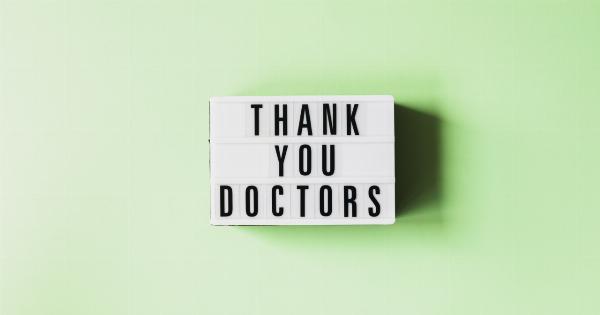Height is a significant aspect of one’s physical appearance, and it often changes over time. Many factors affect this change, including genetics, lifestyle, and overall health.
As we age, our bodies undergo different changes that can impact our height. Here’s what happens to our height after 50:.
1. Height Loss
After the age of 50, most individuals experience height loss, which can be attributed to the loss of bone density and changes in the spinal discs.
According to research, men can lose up to an inch of height by the time they are 70 years old, whereas women can lose up to two inches of height. The degree of height loss can vary based on factors such as genetics, lifestyle, and overall health.
2. Osteoporosis
Osteoporosis is a condition that causes bone density loss, making the bones less dense and more fragile. This condition affects women more than men, especially after the age of 50.
The lack of bone density can cause bones to break more easily, leading to height loss and other health complications.
3. Changes in the Spinal Discs
The spinal discs act as cushions between the vertebrae of the spine, and they tend to lose fluid as we age. This loss of fluid causes the discs to shrink and harden, leading to a decrease in our overall height.
Additionally, the spine can also develop curvatures that can lead to height loss.
4. Muscle Loss
As we age, our muscles tend to lose mass and strength. This muscle loss, a condition called sarcopenia, can affect our overall posture and cause a reduction in height.
Weak muscles can no longer support the weight of the body, leading to a stooped posture that can result in further height loss.
5. Other Factors
Other factors that can contribute to height loss after 50 include poor nutrition, lack of physical activity, and chronic diseases such as diabetes and arthritis. These conditions can affect our overall health and contribute to the reduction in height.
Conclusion
Height loss after the age of 50 is a common occurrence in both men and women. Factors such as osteoporosis, changes in the spinal discs, muscle loss, and chronic diseases can impact our height over time.
It’s essential to maintain a healthy lifestyle and get regular physical checkups to reduce the risk of height loss and other health complications.




























